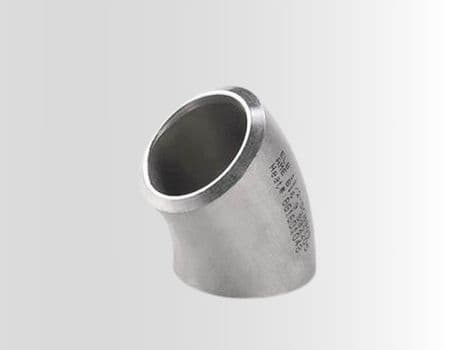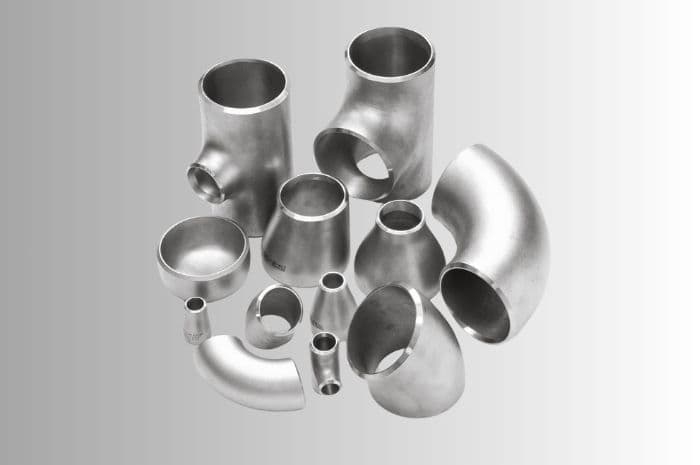| Specifications | Astm, Asme, Din, Nf, Jis, En, Ios |
|---|---|
| Size Range | 1/2"nb To 48"nb, 1/2"nb, 48"nb |
| Dimension | Asme/ansi B16.9, Asme B16.28, Mss Sp 43 |
Pipe Fittings Manufacturer in India
Neptune Alloys is the best Pipe Fittings Manufacturer delivering high-precision components in stainless steel, carbon steel, alloy steel, duplex steel, and nickel alloys. Our pipe fittings are designed to connect, control, and route the flow in piping systems under various pressure and temperature conditions. Manufactured as per ASTM A403, ASME B16.9, MSS-SP-75, and EN 10253 standards, these fittings include elbows, tees, reducers, caps, and crosses—serving vital roles in petrochemical, power, marine, and construction industries.
Our B2B-grade Pipe Fittings are available in seamless and welded variants, supporting custom wall thicknesses, dimensions, and end finishes. Known for their excellent mechanical integrity, corrosion resistance, and dimensional accuracy, these fittings are suited for bulk supply in critical projects. With consistent quality, fast delivery, and compatibility with global piping specs, they’re ideal for fabricators, EPC contractors, and industrial maintenance providers.
Type of Sub-products

45° Elbow 45° Elbow
These fittings change the direction of flow in a piping system. Available in long or short radius, they’re made from alloy and stainless steels for high pressure and high temperature service.
